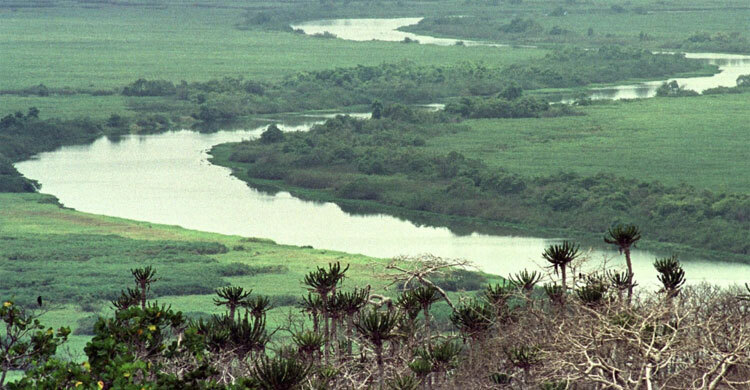Back to News

Jagonews24International3 hours ago
UNESCO adds 26 vital biosphere reserves
In response to growing threats from climate change and accelerating biodiversity loss, UNESCO has designated 26 new biosphere reserves across 21 countries, bringing the total number of sites in its World Network of Biosphere Reserves to 785 in 142 nations. The announcement was made on Saturday during the 36th session of UNESCO’s International Coordinating Council for the Man and the Biosphere (MAB) Programme in Hangzhou, China. The newly added reserves span some of the planet’s most ecologically rich—and vulnerable—landscapes, from coral-rich archipelagos to coastal wetlands and volcanic highlands. Unlike strictly protected nature reserves, biosphere reserves integrate conservation with sustainable human development. They are structured into core protected zones, buffer areas for research and education, and transition zones where local communities...